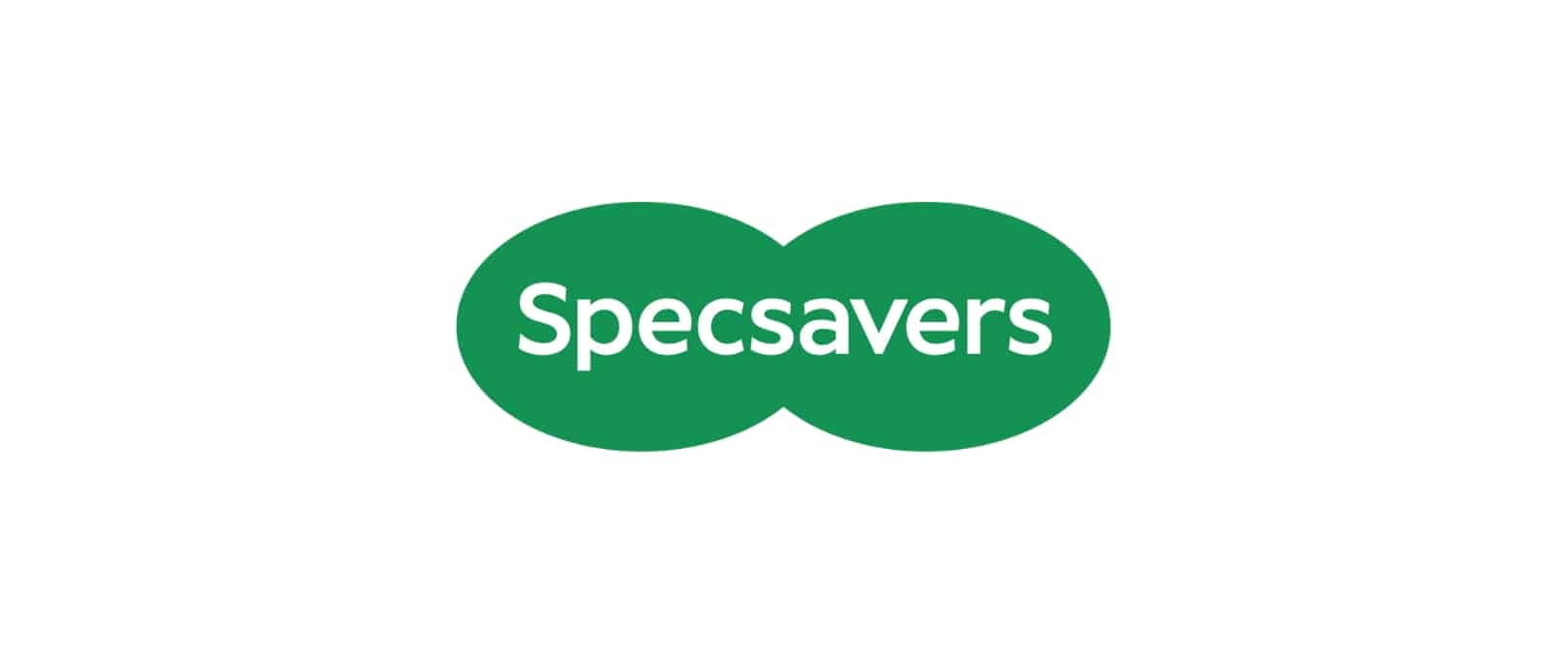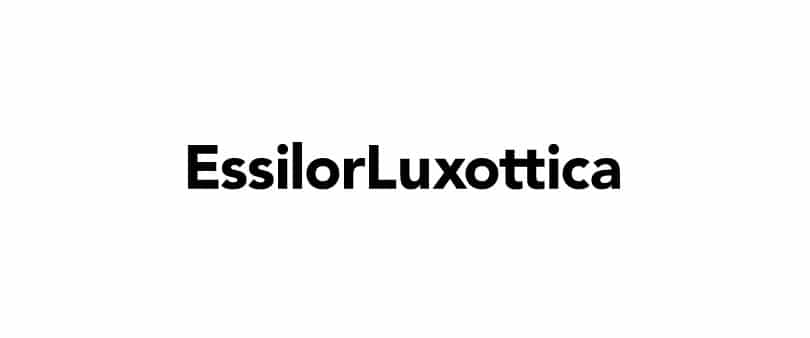Canadian Seniors at Risk of Vision Loss Due to Financial Barriers, According to Specsavers Survey
Tuesday, May 21 2024 | 14 h 16 min | News
A new survey by Specsavers, conducted by Leger, reveals that almost half (41%) of Canadian seniors are not up-to-date on their annual eye exam. Despite provincial insurance coverage for seniors, the cost of eyewear has been found to be a barrier for some, causing them to delay their exam. These findings are concerning as this can lead to undiagnosed eye conditions that can cause significant damage to vision.
“Eye exams are not just about getting a new prescription for glasses. Optometrists are equipped to detect the earliest signs of eye diseases. The advice an optometrist gives can be anything from helping with daily eye discomforts, to the detection of eye diseases, to ensuring that new glasses work for an individuals’ daily tasks. All of these are important for the preservation of quality of life, through better sight.”
Naomi Barber, Clinical Services Director, Specsavers
When examining the factors putting seniors’ vision at risk, half do not have vision health benefits and one-in-four have skipped or delayed updating their eyewear prescriptions due to financial barriers.
Due to their risk for potential health complications and more incidence of eye health issues, seniors should be getting regular eye exams. One-in-five do not know their family eye health history and may not be aware of their increased risk of vision-threatening diseases like glaucoma and age-related macular degeneration (AMD).
“The number of Canadians living with vision loss is growing every day, and it’s critical that we continue to bring to light the factors that may be putting one’s vision at risk. Diagnosing conditions early is integral to the conservation of sight, and it’s incomprehensible that someone should have to delay potentially sight-saving treatment due to financial concerns.”
Jim Tokos, National President of the Canadian Council of the Blind
Specsavers partners with a network of participating independent optometrists who conduct eye exams – available at no-cost to seniors. These exams always include Optical Coherence Tomography (OCT), which creates a 3D eye scan that helps optometrists detect sight-threatening diseases at the earliest point of detection. Regular eye exams are important as 75% of vision loss is preventable and treatable.1
“We believe that Canadian seniors deserve better. Specsavers has a mission to help change the lives of Canadians through better sight,” says Bill Moir, Managing Director, Specsavers Canada. “It is important to break down the barriers to access eyecare and eyewear in Canada so that seniors are coming in for important eye exams.”
One of the ways to overcome these challenges is by implementing a national strategy for eyecare, through the proposed Bill C-284, to ensure better health outcomes for Canadians. This is particularly important for senior populations who are more likely to be diagnosed with eye diseases such as glaucoma and AMD.
“A national eyecare strategy is the next important step in making healthcare accessible and affordable for all Canadians, and it aligns strongly with Specsavers own vision of making eyecare and eyewear accessible to all,” says Moir. “Financially, eye exams and eyewear purchases go hand-in-hand. Recognizing the cost barrier for eyewear is important, particularly for our senior population, many of whom are on a fixed income.”
Specsavers has launched an ongoing seniors’ eyewear offer that is available at every location across Canada to make eyewear more affordable for seniors and prevent delaying eye exams.
1 A Report Card on Vision Health in Canada, The Canadian Council of the Blind and Fighting Blindness Canada. October 2022.
Methodology – Specsavers survey, conducted by Leger, Canadians 65+
An online survey of 2,012 Canadians, 65+ was completed between April 11th-16th, 2024, using Leger’s online panel. No margin of error can be associated with a non-probability sample (i.e. a web panel in this case). For comparative purposes, a probability sample of 2,012 respondents would have a margin of error of ±2.2%, 19 times out of 20. Leger is the largest Canadian-owned full-service market research firm.
Click HERE for the press release.
Want to see more like this article? Click here to subscribe to our FREE print magazines and e-newsletters!






